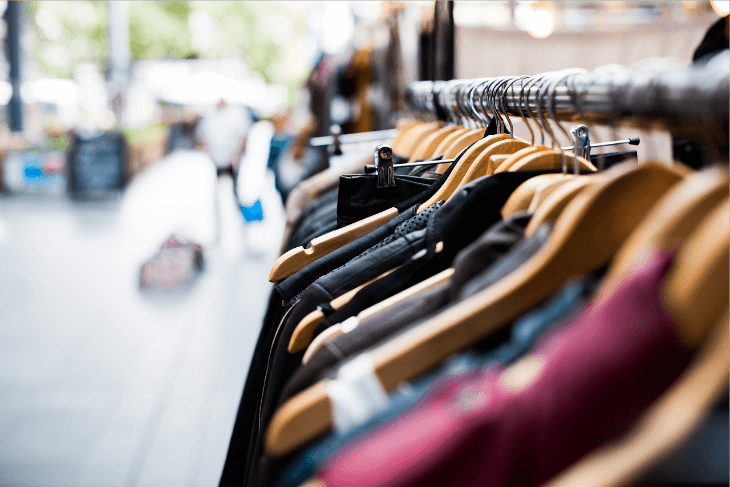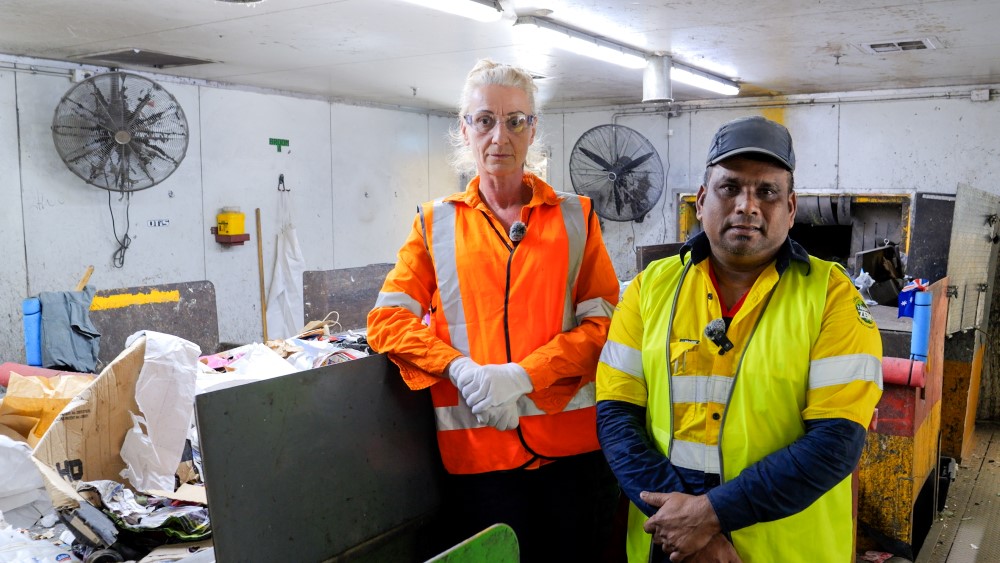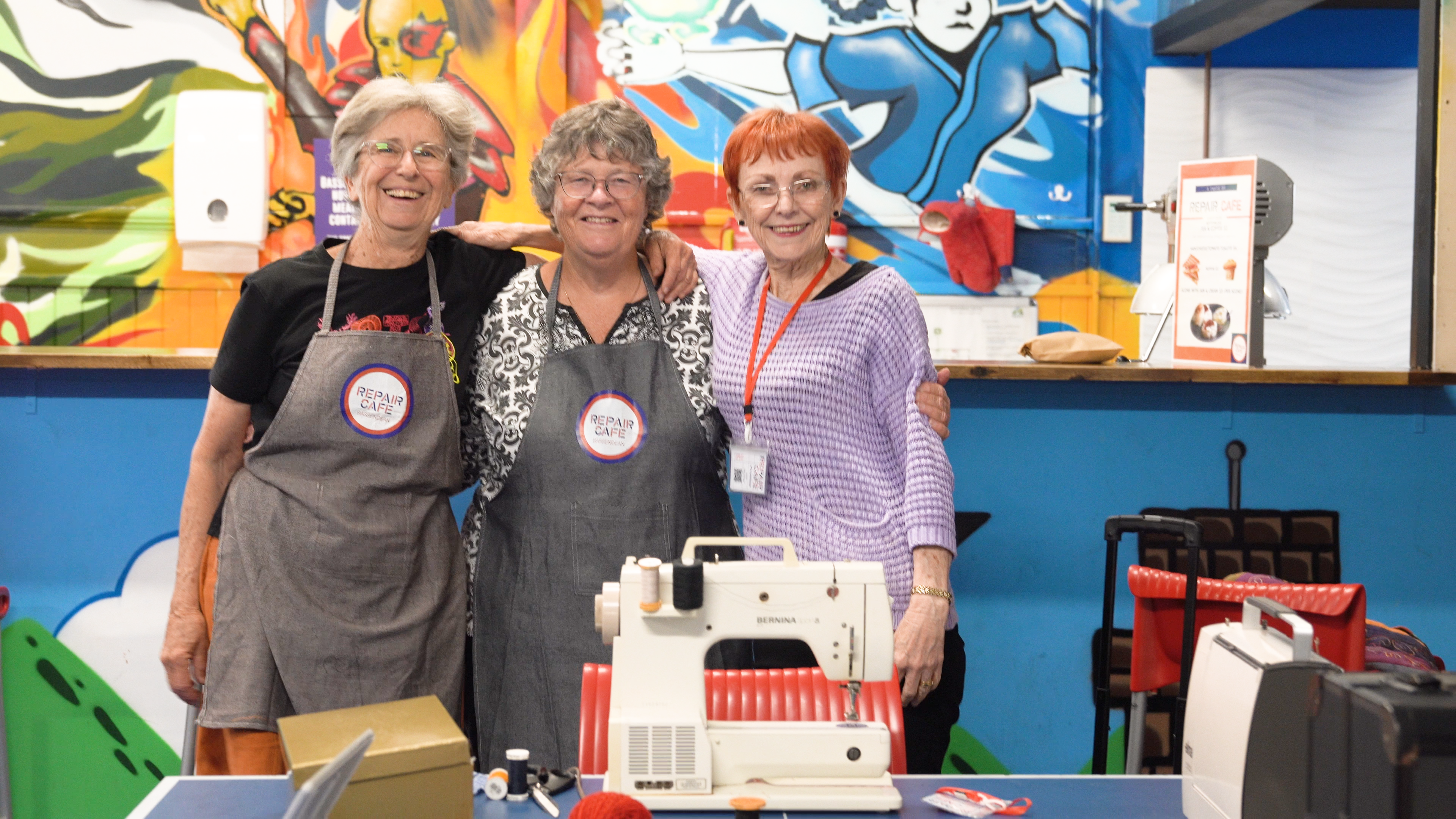.jpg)
How to use up leftovers
7 delicious ways to avoid food waste and use up leftovers creatively.
Posted on: July 13, 2020
Disclaimer: This blog reflects information accurate at the time of its original publication. It has been preserved for archival purposes and may not reflect the most up-to-date details or developments.
Reducing waste comes in many shapes and sizes – just like fashion.

The rise of fast fashion has also resulted in a growing source of waste – one in five people will apparently throw away an item of clothing after just one wear.
In Australia around 6,000 kilograms of fashion and textile waste is discarded every 10 minutes (you can see what this looks like thanks to the ABC’s War on Waste). So the big question is, how can YOU shop smarter and help to reduce your impact in this area?
Before you hit the shops, take the time to look through what you currently own. Mix and match, get that hole repaired, add accessories, unearth that near-new item lurking at the back of your wardrobe – after a while, you might have found the perfect outfit without leaving the house.
If you’re up for a real challenge, think about establishing a capsule wardrobe. This will mean you’ll have access to a new(ish) wardrobe every season and become increasingly mindful about how you shop (or don’t shop!).
A lot of fast fashion can be put down to the age-old fear of being seen in the same outfit, but it’s time to move on and throw out that old mentality for the sake of the earth! Consider borrowing from friends or relatives or even using a rental service for your next special event.
One of the easiest ways to shop smarter is remove temptation and avoid shopping for the sake of shopping. Unsubscribe to mailing lists (or Instagram accounts) that have you mindlessly shopping online for things you don’t really need and next time boredom pulls you towards a shopping centre, take it on a detour instead – a walk by the river will likely give you more good endorphins than an impulse purchase will anyway!
Make a point of only buying clothing that you really love. If it fits perfectly and helps you to feel great there’s a much higher chance that it will get regular wear over a longer period, and prevent you from spending money trying to find something better.
Get used to checking tags! Natural fabrics, such as all cotton, wool, bamboo, silk and hemp, will naturally breakdown over time and can be composted unlike synthetic fabrics. They also don’t shed plastic microfibres into the ocean, require less harmful chemicals in the creation process, and generally feel better on the skin, too!

Your local second-hand store is a treasure trove of preloved items that deserve another go. If you love to shop this is a far better way to do it – you’ll be keeping items out of landfill for longer, reducing demand for new items and finding bargains at a fraction of the cost they would be new.
Better quality items will typically last longer, plus, by investing more in them upfront, chances are you’ll take better care of them to help prolong their life. They’re also more likely to be ethically made too.
See how you can reduce even more waste throughout the different rooms in your house.
.jpg)
7 delicious ways to avoid food waste and use up leftovers creatively.

A City of Swan waste truck driver narrowly escaped a fiery ordeal recently when his vehicle was engulfed in flames, likely to be sparked by a lithium-ion battery.

GREAT Sorts in your neighbourhood put less in their landfill bin by visiting their local repair lab or repair cafe.